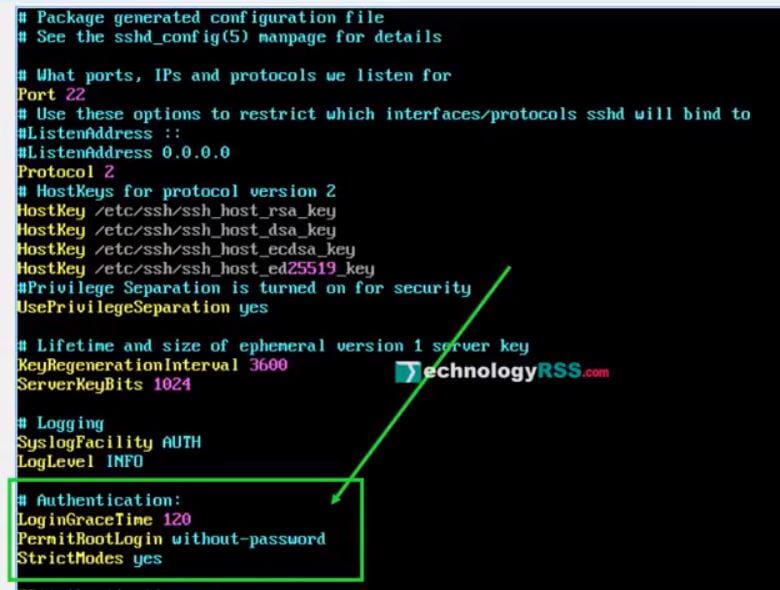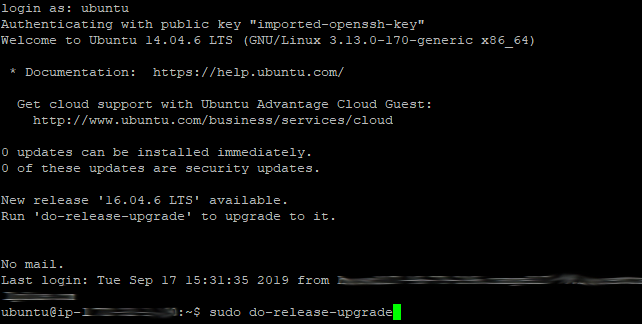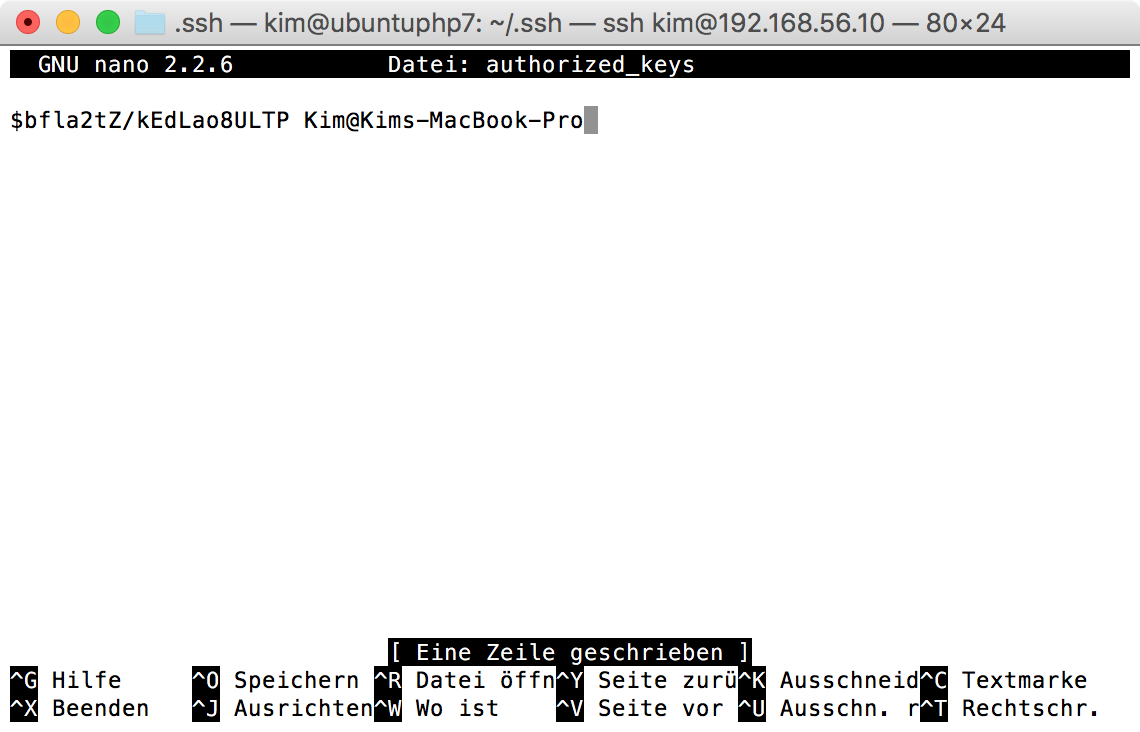- I'm using Ubuntu 14.04.1 (with OpenSSH 6.6 and libpam-google-authenticator 20130529-2). I'm trying to set up SSH logins where the public key authenticates (without a password) and a user is prompted for a code from Google's Authenticator. Following/adapting these instructions has gotten me a password prompt as well as a Google Auth prompt.
- But even without Ubuntu, SSH keys can also be generated with the free and open source OpenSSH client built into Windows 10 or with PuTTY for Windows 8.1 and earlier. Over the following few steps, we’ll guide you through the process of generating SSH keys using Ubuntu on WSL, OpenSSH, and PuTTY.
This simple tutorial is going to show you how to enable Secure Shell (SSH) service in Ubuntu 14.04 Trusty Tahr.
This tutorial screencast will show you how to set up a non-root superuser account (sudo) and SSH key authentication on an Ubuntu 14.04 server. The next part of this guide involves securing the ssh login to the server. First, change the root password: passwd root Choose something hard to guess, but that you can remember. SSH keys are a safer way to login. If you are not interested in SSH keys, skip to the next part of the tutorial.
Secure Shell (SSH) is a cryptographic network protocol for secure data communication, remote command-line login, remote command execution, and other secure network services between two networked computers.
SSH is not enabled by default in Ubuntu, but you can easily enable this service via OpenSSH, a free version of the SSH connectivity tools developed by the OpenBSD Project.

To do so, run the command below in terminal:
SSH Enable On Ubuntu 14.04 by admin Published July 25, 2018 Updated July 25, 2018 I want to connect server from puty or mobaxterm so SSH must enable On Ubuntu 14.04.
Or install the openssh-server package via Ubuntu Software Center if you’re on Desktop edition:
Add Ssh Keys Ubuntu
Once installed, you can change the port, disable root login and do other changes by editing the config file:
Ubuntu Ssh Keys Location
Finally restart the ssh server to take place:
Import Ssh Key Ubuntu
That’s it. Enjoy!



